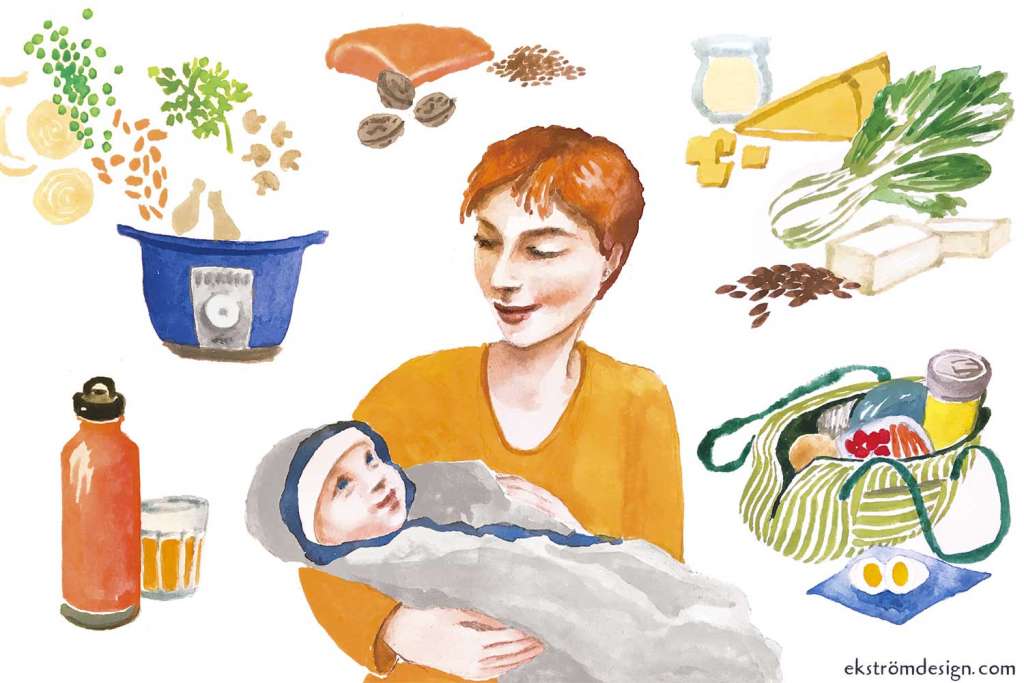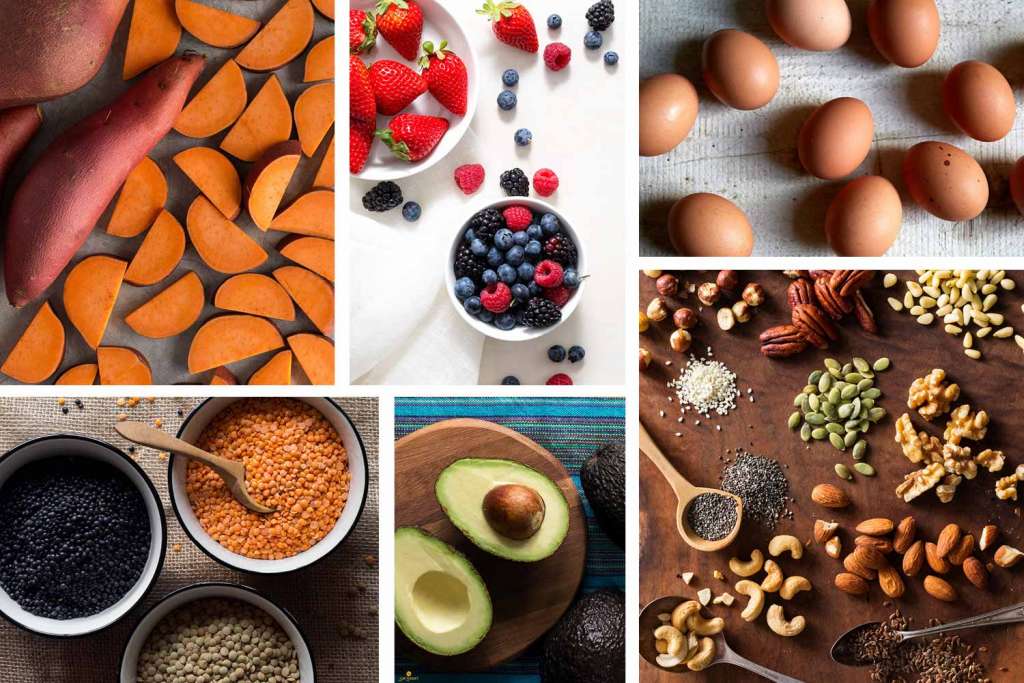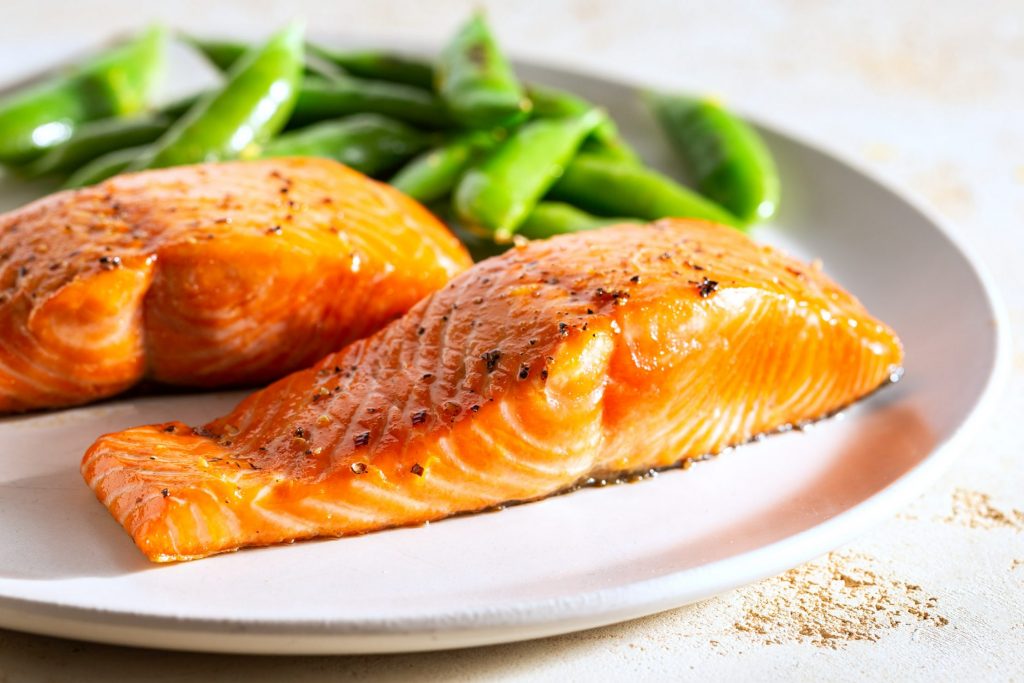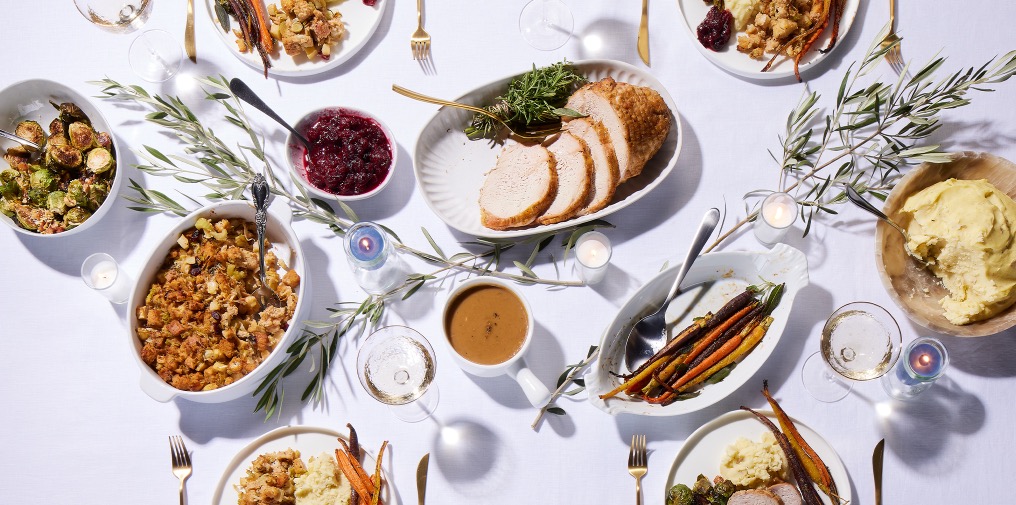Dr. David Katz On How What You Eat Affects How You Feel
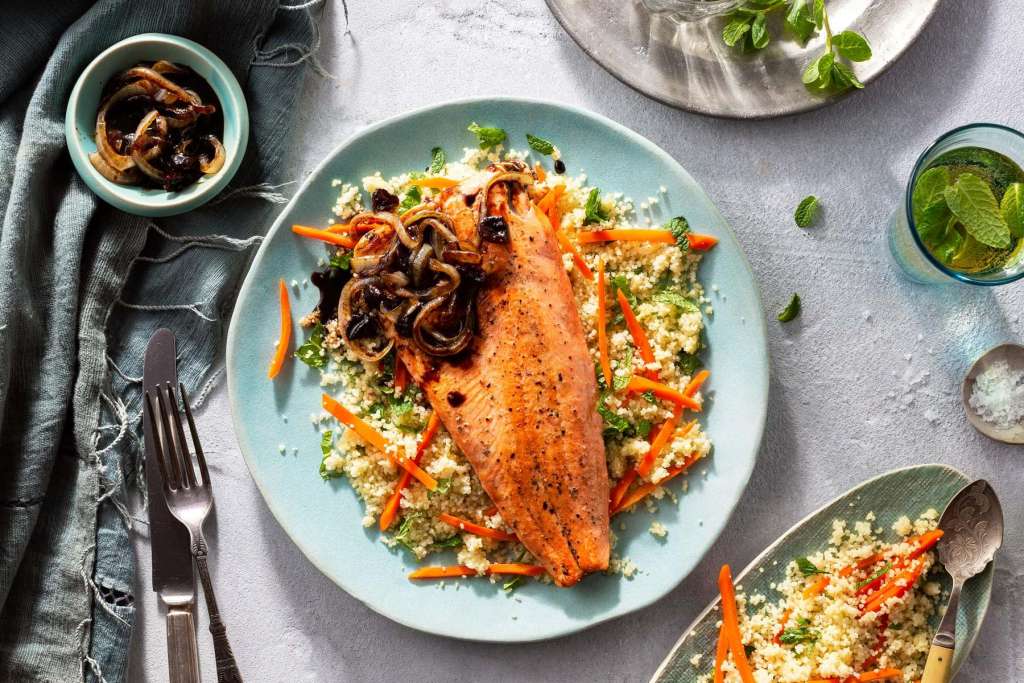
Do blueberries improve memory? Can chocolate ease stress? We caught up with Dr. David Katz to answer our questions on how food can impact your brain.
Can certain foods boost your mood? What about mental clarity, alertness, memory, and cognition?
The best foods for brain function are the same foods that are best for body function: plenty of vegetables, fruits, whole grains, beans, lentils, nuts, and seeds. Omega-3 fats are concentrated in healthy brains, so the case for fish and seafood, or a supplement, is pretty strong. Fiber from plant foods help regulate the delivery of key nutrients to the brain, and help balance hormone levels from insulin to cortisol, and balancing hormones has direct effects on balancing mood and enhancing concentration.
Foods like fish, blueberries, and walnuts are good for the brain because they’re generally good for overall health. Some compounds in food have more direct effects on the nervous system. Caffeine stimulates the brain and slightly enhances cognitive performance. Compounds in chocolate, notably, theobromine, seem to have a calming effect. And foods like nuts and seeds, soy, meat and poultry, fish, oats, and eggs among others that deliver tryptophan can help boost serotonin levels in the brain, which can impart a sense of calm.
Are there foods that help reduce anxiety or depression?
No food, on its own, has been shown to be effective in treating anxiety or depression. There are nutrients that when concentrated and taken as supplements may have such effects, such as l-theanine, and GABA. But, it’s the big picture that matters most. The evidence is strong that an optimal, balanced diet helps contribute to the balance of mood and mind, too. That appears to reduce the risk and symptoms of anxiety and depression. Physical activity on a regular basis and adequate sleep have even stronger support than diet does for improved mental health benefits.
Alcohol for relaxation tends to backfire because it interferes with sleep. Teas, such as chamomile, may be relaxing because of the ritual of drinking them rather than any direct metabolic effect, but that may not matter much. That famous glass of milk before bed is one of many ways to deliver tryptophan to the brain, so some actual effect on mood is plausible.
Is it true that our gut microbiome is connected to our mood? How does food impact our microbiome, and in turn, our mood?
Our understanding of just which products of the microbiome effect mood, and how, is still in its infancy, but what is clear at this point is that such effects are real and important. Thankfully, they all point in the direction of the same diet that’s optimal for our health as being optimal for a balanced, healthy microbiome, and in turn, its contributions to a balanced, healthy mood and mind.
Many people feel guilty after they eat, whether it’s because they don’t feel like the food they’re eating is healthy, or, the food they are eating is perfectly healthy but puts them over their calorie allotment for the day. What advice do you have to help cultivate a guilt-free approach to eating?
For starters, eating well for health is not a moral kind of “should.” Keep in mind that the reason most of us want to be healthy is that healthy people have more fun. Health isn’t really the prize; the best possible life is the prize. Food you love can bring a lot of pleasure to life. So can health and vitality. The goal, I think, is to get as much pleasure, joy, and positive energy as possible from the combination of good food, and good health. That doesn’t leave much room for guilt. Work on improving your overall diet over time, and you will come to prefer ever more wholesome foods as your taste preferences adapt. That means ever less temptation to go awry and evermore opportunity to love food that loves you back and to control calories not by counting them, but by eating wholesome food that fills you up. By blending the pleasure of good food and good health, you engineer guilt right out of the recipe.
